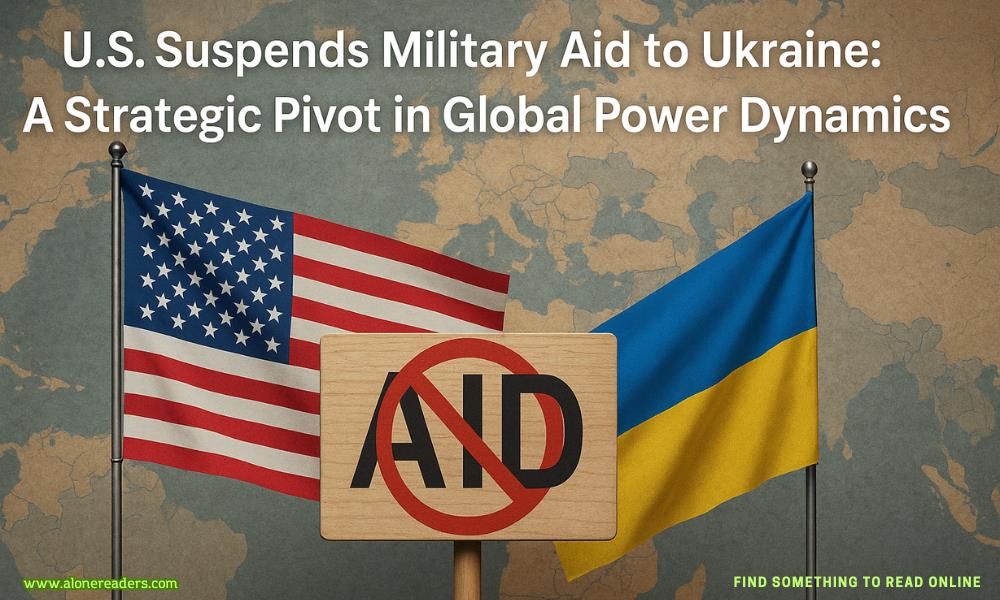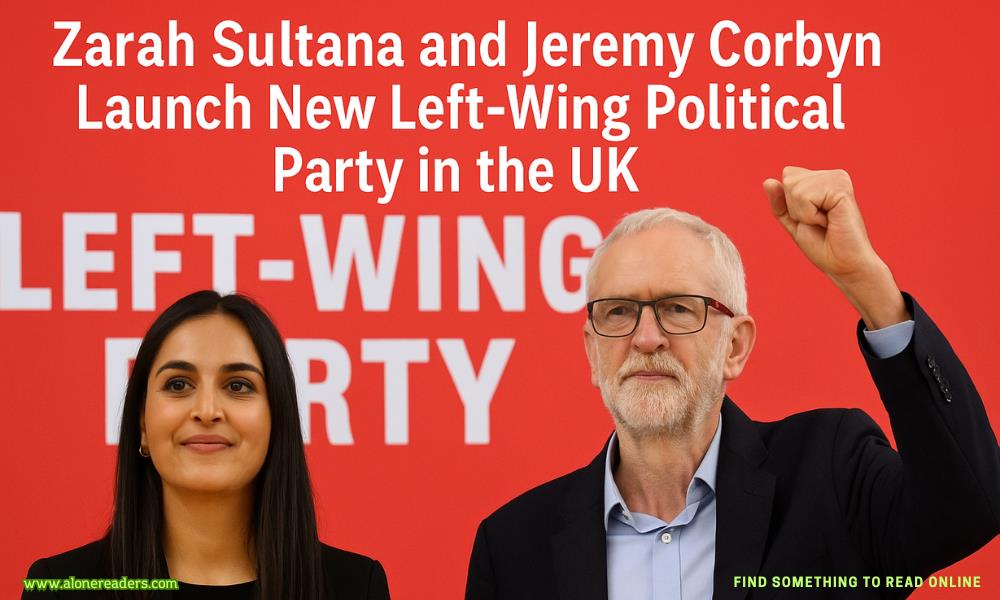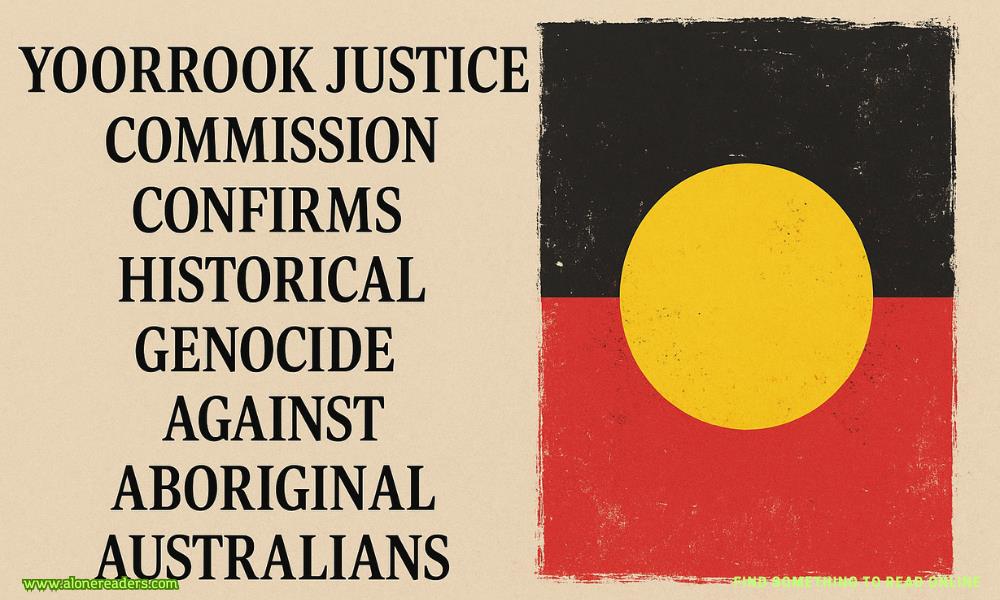Page 13 of Don't Tell Teacher
‘Hi. It’s Tom Riley’s mother. I brought his medicine.’ I peer through the railings. ‘Hello?’ I call again. No one answers.
The main door is firmly shut, a solid lump of wood. A few early autumn leaves scatter the empty playground, crispy green-orange, some dancing up against the brickwork. I notice again the bars on the windows and bite my lip. Why have bars like that? This is a school, not a prison. And that blacked-out window. What are they trying to hide?
After a moment, the headmaster himself strides across the playground. He looks earnest. Almost helpful. But I sense another energy too. Something like annoyance.
‘Hello, Mrs Kinnock,’ says Mr Cockrun, as he reaches the gate. ‘How can I help you?’
‘Um … it’s Riley. And I have Tom’s medicine.’
‘Medicine?’ His eyes bore into me. ‘Why wasn’t this mentioned before?’
‘It’s not essential but—’
‘All medicinemustgo through me.’ Anger passes across his face for a fraction of a second – it’s so quick that I almost don’t spot it. The next moment, his earnest expression is back in place. ‘Well, come inside and we’ll make a record.’
He unlocks the gates and ushers me through, taking a good few minutes to re-secure the padlock.
I follow him across the playground.
When we reach the heavy entrance door, Mr Cockrun says, ‘Wait in reception, but please don’t let the children see you, Mrs Kinnock. I don’t want them knowing a parent is here during the school day. It’s unsettling for them.’
I nod stiffly.
‘Next time, make sure you bringeverythingat school drop-off,’ Mr Cockrun continues. ‘All right? It’s a safeguarding issue, Ms Riley. Having people come and go.’ He gives me a winning smile.
‘Parents dropping things off is a safeguarding issue?’ I say.
‘Yes. And the children really do become unsettled too. It’s not fair on them. They learn much better when they understand that school is wherewecare for them and home is where they see their parents. I’m sure you can understand.’ He puts a hand on my shoulder. ‘We’re an exceptional school, Ms Riley. We know what we’re doing. Let’s have this medicine, then. What’s Tom taking?’
I don’t know why the question feels intrusive, but it does.
‘Painkillers,’ I say, passing over the white packet. ‘He doesn’t take them all the time. Just if he gets a bad headache.’
‘I’ll pop these in my office,’ says Mr Cockrun, heading through a side door. In the room beyond, I see him unlock a cabinet made of orangey teak and stickered with a pharmaceutical green cross. The cabinet is mounted low down on the wall – at stomach level.
Mr Cockrun puts Tom’s medicine inside, then locks the cabinet and pockets the key.
The room has a single window, I notice. The two-way glass I saw from the outside.
So the headmaster’s office is the room they don’t want people seeing into.
As I’m thinking about that, I hear the sound of children chanting coming from a room off reception:
‘We are the best.
We rise above the rest.
By strength and guile,
We go the extra mile.’
The double doors leading from reception haven’t quite closed, and through the crack I see rows of children seated for assembly: eyes dull, school uniforms immaculate and identical, hair neatly brushed. It looks choreographed – as if someone has positioned them for a photograph.
Like the plain tarmac playground, there’s something very soulless about it.
I spot Tom then, blond hair shining.
Normally I would smile at the sight of him, but he’s tiny beside one of those black-haired boys. The ones who were fighting.
- Daddy's Accidental Babies by Sofia T. Summers
- Death by Michelle Heard
- Feral by Jenika Snow
- Quadruplets for the Vipers by Tia Quinn
- Beautiful Sinner by Ivy Davis
- Ride Me Cowboy by Clare Connelly
- Bound in Matrimony by Emma Bray
- Calla's Boys by Yolanda Olson
- Property of Anchor by Winter Travers
- Punish Me, Daddy by Sara Fields
- His Mark by Sara Fields
- Filthy and Fierce by Hope Ford
- Vow of Obsession by Lucy Darling
- Veiled Vengeance by Ivy King
- Don't Say You're Sorry by Bethany Winters
- Kingston by Terri Anne Browning







